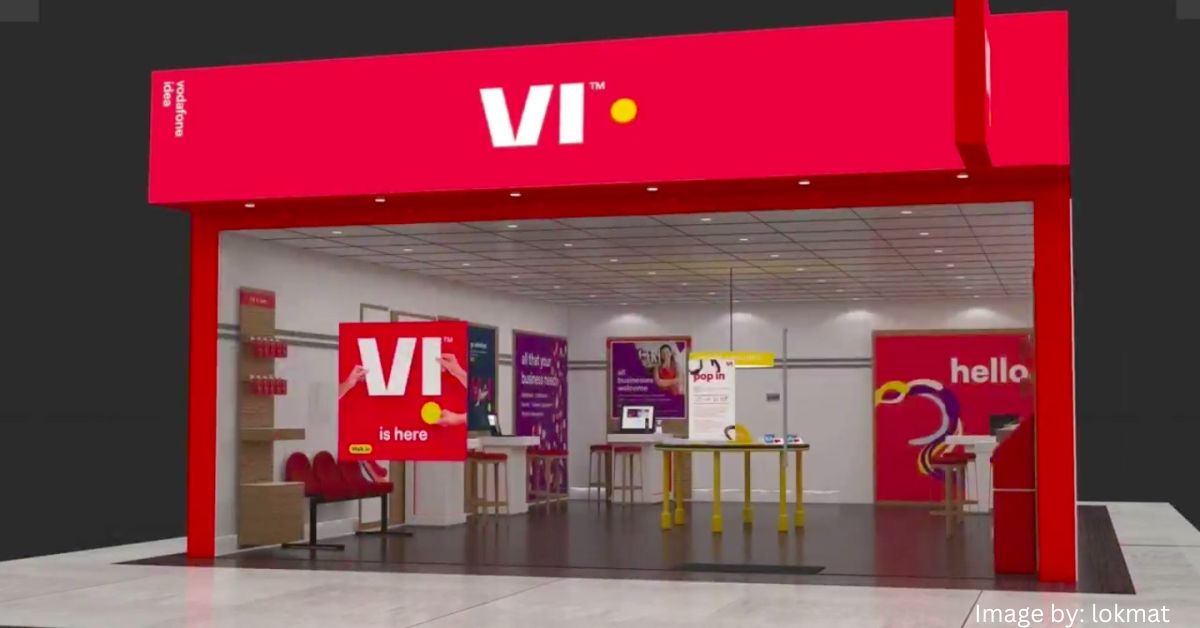Vodafone Idea, the telecom operator, is offering its shares at a price range of Rs 10 to Rs 11 per share. If you want to invest, you can apply for at least 1,298 shares and buy more in multiples of that amount.
Sure, here’s a simplified version:The recent public offering (FPO) of Vodafone Idea saw a strong response from institutional and HNI investors, leading to full subscription on the final day. The offering price for shares was set between Rs 10-11 each, and investors could apply for a minimum of 1,298 shares with multiples thereafter.
The FPO, totaling Rs 18,000 crore, included a fresh sale of 16,363,636,363 equity shares, making it the biggest follow-on offer in the Indian markets. Subscription levels were at 29% on day one and reached 54% by the end of the second day, indicating substantial interest from investors.
Investors have bid for 50.07 billion equity shares, nearly 4 times the 12.6 billion shares offered by the company. The bidding started on April 18 and ends today. Qualified institutional bidders have bid 10.42 times their allocated shares, non-institutional investors have bid 3.17 times, and retail investors have bid at 63% of their allocated shares by 3:00 PM on Monday.
Vodafone Idea, a telecommunications company established in March 1995, offers a range of services like voice calls, data, and added features using 2G, 3G, and 4G technologies. These services cater to both consumers and businesses, including messaging and digital solutions.
Recently, Vodafone Idea’s stock has seen a decrease in demand in the informal or grey market. The current premium on the shares is only Rs 0.50, indicating a potential initial rise of 4-5% for investors upon listing. Over the weekend, the premium in the unofficial market was Rs 0.60, but during the first day of bidding, it was approximately Rs 1.50.
Brokerage firms are generally optimistic about the upcoming tariff hikes, potential growth in average revenue per user (ARPU), capacity expansion, and plans for reducing debt. Analysts suggest that the fundraising efforts will assist the company during its financial challenges. However, they highlight that the key factors to observe will be the growth of the user base and the successful execution of their revival strategies.
The recent move by Vodafone Idea FO is seen as a positive step, expected to enhance the company’s competitiveness in India’s telecom market, which is mostly dominated by just two major players. By focusing on improving their 4G coverage and aiming to launch 5G services in the coming quarters, the company aims to boost their ARPU, which currently lags behind their competitors, according to Manish Chowdhury, who heads research at StoxBox.
Vodafone Idea is expected to have better opportunities for raising funds in the future, both through selling shares and borrowing money, in order to manage its financial obligations and support its growth plans. Recent investments made by the company’s promoters, along with government support to keep the business running smoothly, are building confidence about the company’s potential turnaround.
Investors with a moderate to high risk tolerance are advised to consider subscribing for Vodafone Idea shares with a medium to long-term perspective. The company has allocated a certain percentage of its offering to different types of investors, with qualified institutional investors getting the largest share.
While Vodafone Idea faces challenges in the short to medium-term like ongoing losses and losing subscribers due to slower expansion of its 4G services compared to competitors, the company is considered a high-risk investment option according to Geojit Financial Services.
The future success of Vodafone will rely on how they restructure their debt and expand their 4G and 5G services. With strong backing from their parent company, we recommend a subscription rating for high-risk investors over the long term.
Axis Capital, Jefferies India, and SBI Capital Markets are leading the Vodafone FPO,and Link Intime India is handling the registration process.The FPO shares will be available for trading on both the BSE and NSE starting Thursday, April 25, 2024.
